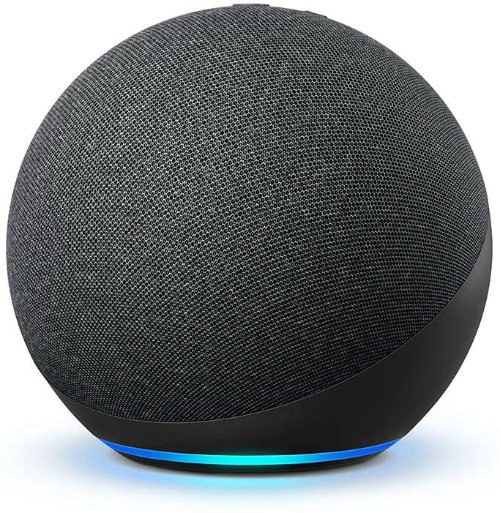Amazon’s Echo is more popular than ever, and despite competition from Google, Amazon still dominates the virtual assistant market. With its ever-growing library of skills, Echo becomes more useful with every passing day.
But even as Echo wins over more fans, critics are still skeptical. Alexa is always listening. Our voices are recorded and stored. Owners worry that their Echo will be hacked, enabling strangers to hear daily activities. Most people are willing to ignore these dangers, but some folks end up with an Echo in their stocking and are terrified of an ad hoc wiretap sitting in their living room.
If you already have an Echo, be prepared for a shocker. My Echo recorded much more than I ever thought was possible. Thankfully there is a way to have Alexa delete everything you say. Tap or click here to find out how to use the delete recordings feature.
Before you welcome Alexa into your life, consider some security settings. You may not feel they’re necessary, but it’s good to know your options.
1. Turn off your Echo’s mic
The most vulnerable part of any Echo unit is its microphone, which absorbs all the sound in the room and may compromise your private conversations if the machine picks up the wrong words. To turn the Echo’s mic off, press the microphone off/on button on top of the device. Whenever this button is red, the mic is off. To reactivate it, just press the button again.
Then again, muting the mic will stop the Echo from hearing commands and renders the device useless as a personal assistant. The always-on, always-listening nature of these smart virtual assistant speakers is what makes them truly compelling gadgets to have.
Sometimes, you may wish to switch off the mic for short periods, just for peace of mind. If you’re hosting a top-secret conversation in your home, you can switch Alexa off during the sensitive parts, then reactivate her later on.


Looking for the latest tech? Amazon has a new Echo with premium sound, smart home hub and Alexa.
2. Turn off Voice Purchasing or set up a PIN code for purchases
“Alexa, buy more laundry detergent.” This is a pretty nifty trick, and it’s a major draw for people who like to shop for household items online. This may feel like one of its most futuristic features. But a single security breach could cost you dearly.
Personally, I turned my Echo’s Voice Purchasing option off and use Amazon’s app or website to shop. To turn it off, open your Alexa app, tap Settings > Account Settings > Voice Purchasing then toggle Voice Purchasing to Off.
If you still want the convenience (and the sci-fi vibe) of Echo voice purchasing, set up a PIN code to avoid unauthorized purchases. To set it up, go to the same Voice Purchasing settings page on your Alexa app, toggle Voice Purchasing to On, then tap Purchase Confirmation > Voice Code. This will prompt you to enter a four-digit PIN.
Now, the four-digit code has to be spoken out to complete a purchase on your Echo. That said, anyone can simply listen in and reuse your code so having a voice purchasing PIN is not fool-proof.
3. Switch off the Echo Show camera


If you haven’t seen it, the Echo Show is a mini-interactive TV screen with additional touchscreen controls. The Show includes everything you loved about your speaker, plus transcribed song lyrics, surveillance footage of the baby’s room and video calls.
Video calling is an exciting tool, but many people find the camera to be as anxiety-inducing as microphones. What does the camera see? Is it watching all day and night? How do you know if it’s been hacked? Many people put tape over the webcams on their laptops and they may feel compelled to do the same with their Echo Shows.
Luckily, the device’s camera and mics are very easy to turn off. There’s a button on the top of the Show that controls inputs. Just press it off, and both cameras and mics shut off. The front LED will also turn red, signifying the inputs have been successfully shut down. You can still use the touchscreen without a hitch.
By clicking our links, you’re supporting our research. As an Amazon Associate, we earn a small commission from qualifying purchases. Recommendations are not part of any business incentives.



